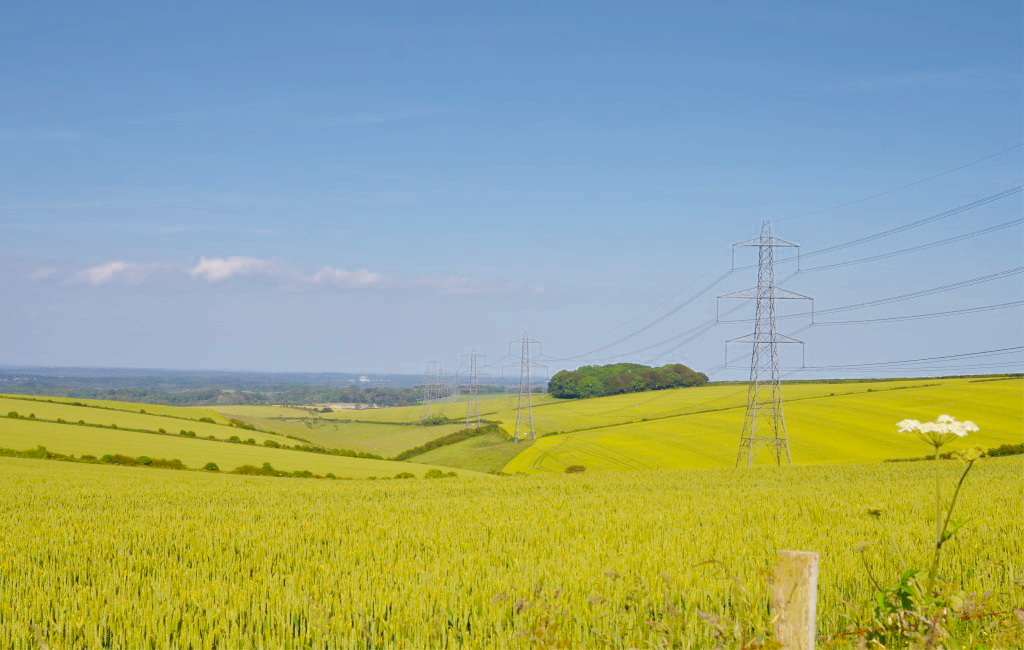REA comments on cleaner fuels for domestic burning consultation
Dr Nina Skorupska CBE, Chief Executive at the REA said:
“After well over a year since the Government proposal to restrict the burning of coal and wet wood for heat, it is welcome that DEFRA has finally decided to enact this. It is a positive step towards decarbonising heat at a domestic level, improving our air quality and reducing carbon released into the atmosphere.
“Government now needs to focus on education and enforcement. A big problem is that consumers are unaware of the rules and impact of burning these fuels, while suppliers face almost no repercussions for ignoring them. The Governments proposed communication plan will need to be complemented by providing local authorities and regulators powers to ensure the new rules are implemented if they are to have the desired impact on air quality.
“Given the Government’s decision not to set a minimum biomass requirement for all manufactured solid fuels, in the anticipated heat decarbonisation plan we hope to see the Government provide options for households to move away from solid fuels based on fossil fuels, and towards appliances that provide renewable low carbon heat.”
—ENDS—
For more information or to request an interview, please contact:
Hayley Allen
External Affairs Officer
+44 (0)20 7981 0862
[email protected]
Notes to editors
- The full consultation response from the Government is available here
- The REA’s response to the consultation is available here.
- The modern biomass boiler market provides by far the most efficient use of solid biomass fuels. Providing renewable low carbon heat from strictly regulated appliances that also ensure emissions are tightly controlled compared to the use of unseasoned wood in inefficient open fire places.
- The REA would urge the Government to include the following policies in the upcoming Heat Decarbonisation Strategy:
- Business Rate relief to companies with renewable energy and clean tech systems in 2021 Budget ensure businesses are not penalised for installing low carbon technologies.
- An immediate, time-limited extension to the RHI to keep the industry going.
- Include bio-based heating, such as biomass boilers and biofuels, as a key technology for use in the Future Homes Standard by the end of 2020.
- Government-backed low interest loans for commercial heating schemes in the 2020 Budget.
- Support the development of industry standards to develop the market so that a common set of standards can be adhered.
- Commit to reopen Enhanced Capital Allowances (ECAs) and Enterprise Investment Scheme support to renewable energy and clean tech systems
- Commit to amend the Energy Savings Opportunity Scheme (ESOS) to focus on carbon emission reductions, rather than just Energy Savings to drive commercial installation of renewable heating systems.
- Commit to a new mechanism to support heat decarbonisation past 2021, which introduces a heat premium feed-in scheme that rewards low carbon heat
- Commit to provide variable tax benefits to those who live in or own properties with high energy efficiency standards and renewable heating installed, including rebates on income tax or council tax or discounting stamp duties at the point of sale.
- Commit to implement a more effective taxation system that incentivises the use of renewable heating systems and fuels, while penalising the dirtiest fuels by gradual increases in fuel
- Introduce a Green Gas Obligation on gas suppliers to meet a gradually increasing GHG reduction target. In order to meet this target they would have to source the gases that deliver the largest and cheapest carbon savings.
- Produce a detailed plan on how to address the barriers to the deployment of District Heating, prioritising those to be powered by renewable energy systems.
About the REA
The REA is the UK’s largest trade association for renewable energy and clean technologies with around 550 members operating across heat, transport, and power. The REA is a not-for-profit organisation that represents renewable energy and clean technology companies operating in over fourteen sectors, ranging from biogas and renewable fuels to solar and electric vehicle charging. Membership ranges from major multinationals to sole traders.
For more information, visit: www.r-e-a.net

